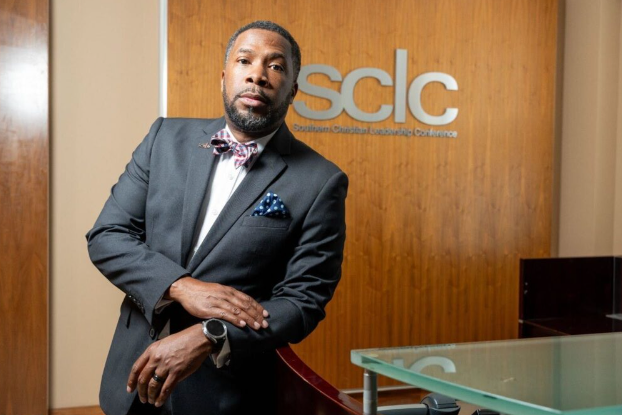Southern Christian Leadership Conference Elects New President to Lead Civil Rights Legacy

The Southern Christian Leadership Conference (SCLC), a historic civil rights organization founded by Dr. Martin Luther King Jr., has elected a new president to guide the organization into the future. The election marks a significant moment for the SCLC as it continues its mission of advocating for social justice and equality.
A New Leader for a New Era
The newly elected president, [Name of the New President], brings a wealth of experience in civil rights activism and a deep commitment to the principles of nonviolent resistance that the SCLC was built upon. As the organization confronts modern challenges such as systemic racism, voting rights, and economic inequality, the new leader is expected to revitalize the SCLC’s efforts and expand its influence in today’s social justice movements.
Continuing the Legacy of Dr. King
The SCLC has played a pivotal role in the Civil Rights Movement since its founding in 1957, with a focus on nonviolent protest and grassroots organizing. Under the leadership of Dr. King and his successors, the organization has been instrumental in key civil rights victories, including the desegregation of public spaces and the passage of landmark voting rights legislation. The new president will be tasked with carrying forward this legacy while adapting to the evolving landscape of civil rights issues.
Strategic Vision for the Future
In a statement following the election, the new president outlined a strategic vision that includes strengthening alliances with other civil rights groups, increasing voter education and mobilization efforts, and addressing contemporary issues such as police reform and economic justice. Emphasizing the importance of youth engagement, the SCLC plans to involve younger generations in its mission, ensuring the continuity of its work for years to come.
Community and National Impact
The election of a new president is a significant event for the SCLC and the broader civil rights community. The organization’s leadership transition comes at a critical time, as the United States continues to grapple with racial tensions and the ongoing fight for equality. The new president’s leadership will be crucial in shaping the SCLC’s role in addressing these challenges and maintaining its position as a leading voice in the struggle for civil rights.





